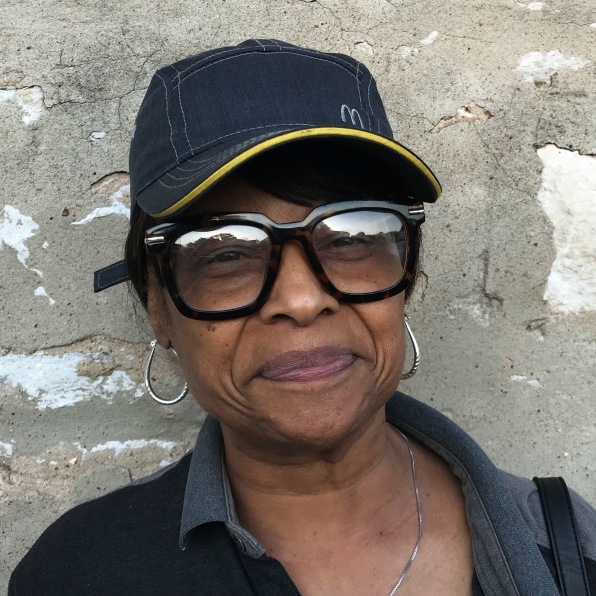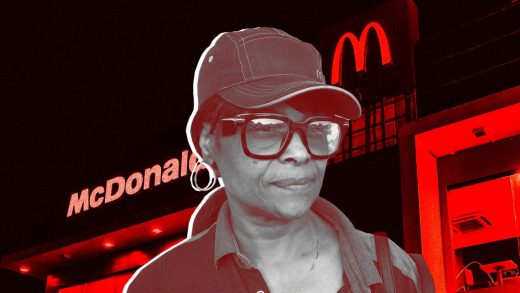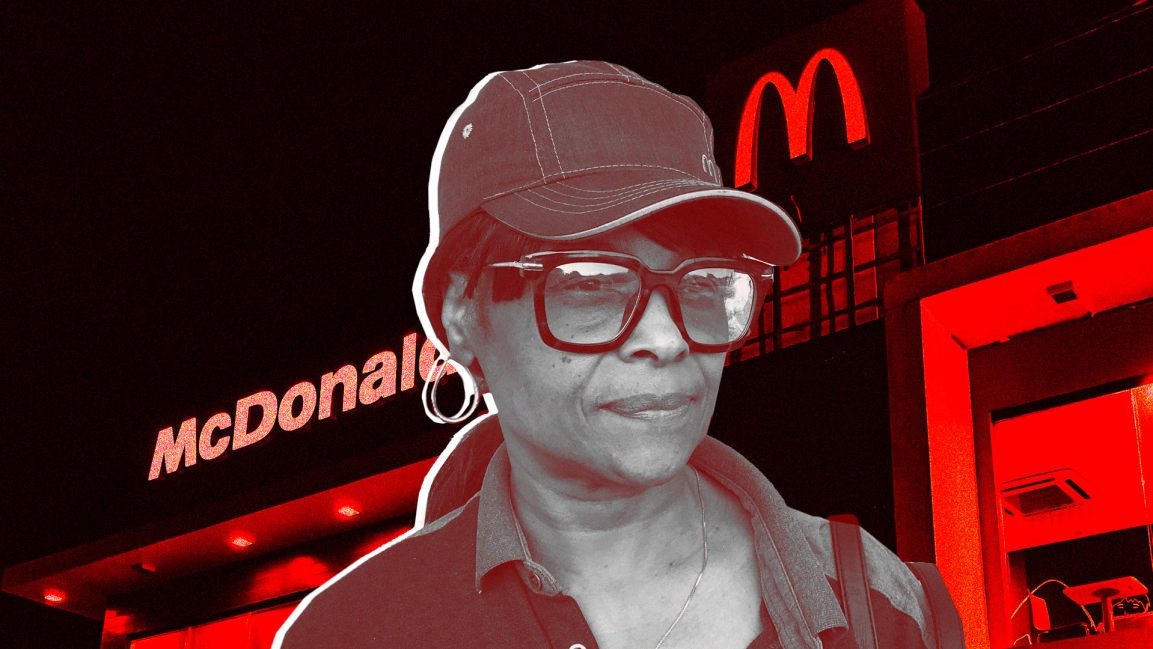‘I’m at risk’: What it’s like to work at McDonald’s during the COVID-19 crisis
For Fast Company’s Restaurant Diaries, we’re asking chefs, restaurateurs, and food-world employees to take readers inside their businesses and lives at this critical moment for the industry.
Sixty-two-year-old Bettie Douglas has been an associate at a McDonald’s in St. Louis for 14 years, working in several positions, including as a cashier and drive-through employee. Douglas, like many McDonald’s workers, is paid an hourly wage and did not have access to paid sick leave prior to the COVID-19 pandemic. (Some 75% of American food service workers did not receive sick leave before the virus struck.) In response to the crisis, McDonald’s rolled out sick leave for workers at corporate-owned stores, which account for roughly 5% of its restaurants. Workers at franchised restaurants, such as Douglas, remain relatively unprotected. The Families First Coronavirus Response Act (FFCRA), signed into law on March 18, extends sick leave benefits to workers at companies with fewer than 500 employees under certain circumstances, such as if someone is experiencing coronavirus-like symptoms. But many franchise operations include multiple restaurants that together employee more than 500 people. As a result, those employees may not be subject to the FFCRA sick leave provisions. Douglas, who has been involved in the Fight for 15 labor movement, continues to feels unprotected on her job.
I started working at McDonald’s 14 years ago. My parents were passing away, and I had to choose between starting a career and taking care of them. I chose to take care of them: they took care of me all my life. I applied to a bunch of jobs, and McDonald’s was the first place to call me back, so I took it. I’ve worked there for so long I’ve been in nearly every department, but often I am cashiering and working the drive-through. I can’t afford to lose this job. I’m the breadwinner of my family: I have a brother who is disabled and two sons, and one of them has autism.
A few months ago, I had a bad cough, so I went to a medical facility to get it checked out. At the hospital, they gave me an inhaler and told me I had a bronchial infection. Then I got it again. I had it twice, back-to-back. That was way before coronavirus, but it puts me in an at-risk group. Even then, I wasn’t able to take time off work. After the doctor told me I was sick, I was paralyzed with fear [about] going back to work. But when I told [my bosses] I needed time off, they said [that it would be] too long and it would take too much time for me to heal. They said they would suspend me for more days without pay if I didn’t show up. I would have coughing spells at work and I couldn’t leave. There is no paid sick leave. If I don’t show up, I don’t get paid, and I can’t afford [that].

[Photo: courtesy of Fight for $15]
When everything shut down, I remained at work because I am considered an essential employee. I felt horrible. I’m at risk and I wasn’t feeling well, but I had to smile and keep serving customers. I like serving customers, but it’s been hard to get through this. We have been given gloves and hand sanitizer and told to wash our hands, but there are no masks. [Editor’s note: McDonald’s has said that it’s now working to send non-medical grade masks to restaurants.] And we can’t really follow social distancing rules: It’s hard to stand six feet apart when you’re working closely together. We aren’t even getting paid extra for the additional risks we’re taking. In fact, our hours are getting cut. So we still have to go to work, but we’re not getting paid as much because we’re working less hours. And we’re operating the drive-through, so if one of us has the virus, we could give it to customers.
My son is 19, so I haven’t had to make childcare arrangements. But [my kids are] at home, so they are eating more, and I need to keep putting food on the table. So I can’t quit. I don’t have a refrigerator because I can’t afford one. We make food and eat it every day. Lots of my colleagues have problems, like childcare issues. I also don’t get health benefits, so if I get sick and I have to go to hospital, I don’t have any kind of health insurance to cover me. I only go to a doctor if I really have to, if I don’t feel well. I’m not covered, so a lot of time I can’t do anything.
I walked out on Tuesday with employees from 14 other McDonald’s branches. Other [McDonald’s employees] are afraid to strike because they think they will lose their jobs, but I know I have the right to strike. I got tired because they weren’t offering paid sick leave, so we had to go to work, and on top of it, I was supposed to work full-time but they had cut my hours to part-time.
I got fed up. [McDonald’s is] one of the largest corporations in the world, and they don’t stand for anything. That’s why I think it’s important for us to have a union, so that we can bargain. If you don’t stand for something, you don’t stand for anything. It’s going to get worse for everyone if we don’t say something.
More from Fast Company’s Restaurant Diaries:
(12)



